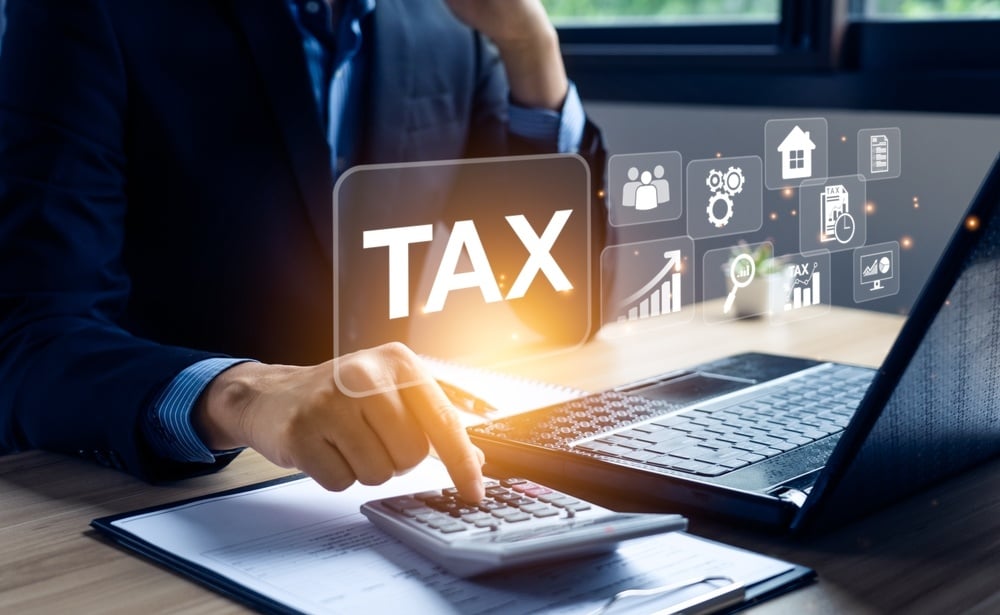Kentucky Tax Overhaul: Guide to 2025-26 Tax Changes
Executive Summary Kentucky's tax transformation represents one of the most significant fiscal policy shifts in the state's recent history. The...

As the holiday shopping season approaches, retailers must prepare not only for increased sales but also for the accompanying tax implications. Don’t worry; we’ve got you covered!
Here are some key considerations from our team of CPAs to keep in mind as you navigate your holiday season tax planning:
With many states imposing sales tax on online purchases, it’s crucial to understand your sales tax obligations. Nexus laws can vary significantly by state, so take the time to determine where you have tax obligations. Make sure you:
Review State Laws: Check each state’s regulations where you sell products. Some states have enacted laws that trigger sales tax obligations based on the volume of sales or transactions.
Maintain Accurate Records: Keep detailed records of your sales, especially in states where you may have newly established nexus due to online sales.
Stay Updated: Sales tax laws can change frequently, so keep an eye on legislative updates that may affect your business.
Proper inventory management is not just about maintaining stock levels; it can significantly impact your tax situation, and the way you value your inventory can directly affect your taxable income. Consider the following valuation methods:
FIFO (First-In, First-Out): This method takes the approach that the oldest inventory is sold first. It can be beneficial in times of rising prices, as it results in lower cost of goods sold (COGS) and higher taxable income.
LIFO (Last-In, First-Out): This approach takes the approach that the newest inventory is sold first. It may provide tax benefits during inflationary periods, as it leads to higher COGS and lower taxable income.
Weighted Average Cost: This method averages the cost of all inventory items. It can smooth out price fluctuations but may not always provide the best tax outcome.
Align your inventory valuation method with your overall financial goals and ensure that it’s consistently applied throughout the year.
As a retailer, you may be eligible for various tax credits and incentives that can help offset costs and improve your bottom line. Here are a few components to analyze:
Hiring Credits: Some states offer tax credits for hiring veterans or individuals from disadvantaged backgrounds. These credits can provide a significant boost to your cash flow.
Energy-Efficient Equipment: If you invest in energy-efficient equipment or make energy-efficient upgrades to your store, you may qualify for tax incentives that can reduce your tax liability.
Local Incentives: Don’t overlook local government incentives aimed at supporting small businesses. These can include grants, tax breaks, or reduced property taxes.
Make sure to document your eligibility for any credits or incentives and consult with a tax professional to ensure you’re taking full advantage.
Strategically timed promotions can not only drive sales but also impact your financial statements and tax situation. When planning year-end promotions, keep these points in mind:
Timing of Discounts: Be mindful of how and when you apply discounts, as discounts given at the end of the year may affect your reported income and tax liability.
Returns Management: Prepare for an increase in returns post-holiday season. Doing so will help you account for returns and manage your taxable income effectively.
Revenue Recognition: Ensure that you understand the rules surrounding revenue recognition, particularly if you are offering gift cards or future discounts. This can influence how and when income is recorded for tax purposes.
As you prepare for the holidays, stay proactive about your tax strategy and planning!
For personalized advice, contact Baldwin CPAs to help navigate your unique retail challenges this season.

Executive Summary Kentucky's tax transformation represents one of the most significant fiscal policy shifts in the state's recent history. The...

As tax season picks up, small business owners have a prime opportunity to reduce their tax liability through smart use of available deductions and...

Tax planning is a critical aspect for both new businesses and long-term business owners, as it enables them to effectively manage their tax payments...